Graham Reid | | 2 min read
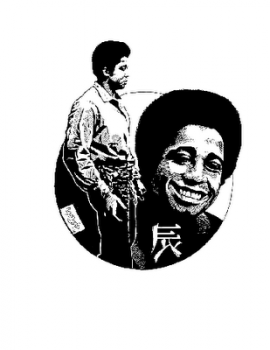
Even before he plugged in an electric guitar and changed the landscape of rock possibilties in the mid Sixties, Bob Dylan had left behind overtly political music and his "protest" period.
As the reluctant "spokesman for a generation" however many people's eyes still turned to him for inspiration and, worse, guidance. Even friends like Joan Baez urged him to make some political statement about the war in Vietnam or the increasing tensions on the streets. In '71, the same year as this song, she sang To Bobby which includes the lines, "Do you hear the voices in the night, Bobby? They are crying for you".
Dylan didn't and instead went the other way. He had retreated to Woodstock and, with those who would become the Band, had explored old Americana.
In the subsequent decade he would write very few overtly political songs and certainly none ripped from the pages of newspapers -- aside from this song, about one-time petty car-jacker-turned-Black Panther George Jackson.
Chicago-born Jackson, the same age as Dylan, had been jailed in California in 1960 for driving a getaway car for a friend who held up a gas station. Jackson stayed in San Quentin prison until 1969 for the offence, when he was moved to Soledad and joined the emerging Black Panther party.
He wrote Soledad Brother about his experences with racism inside and out of prison, and spent considerable periods in solitary.
After a prison fight in which guards shot three black prisoners -- and the retaliation in which a guard was killed -- Jackson was moved back to San Quentin awaiting trial on the guard's murder. Two days before it was due to start Jackson was shot dead during what was alleged to be an escape attemtpt.
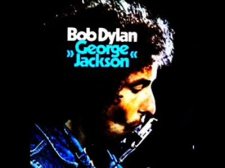 In the volatile climate of the period it seems odd that Dylan should have responded to this story -- especially since he was now in a more relaxed frame of mind with the album New Morning -- but a couple of months after Jackson's killing he went into a studio and quickly recorded this song as a rush-release single. It came out just eight day after he recorded two versions, one with a band and the other this, which is more akin to his "protest" period songs.
In the volatile climate of the period it seems odd that Dylan should have responded to this story -- especially since he was now in a more relaxed frame of mind with the album New Morning -- but a couple of months after Jackson's killing he went into a studio and quickly recorded this song as a rush-release single. It came out just eight day after he recorded two versions, one with a band and the other this, which is more akin to his "protest" period songs.
The single quickly disapeared and, as far as I know, hasn't appeared anywhere in Dylan's bootleg series. The band version was on the '78 Masterpieces compilation which wasn't released in the States (it came out on CD later but has since been deleted) and both versions were on iTunes for a while, but they have been removed.
 This acoustic version has appeared on a compilation Listen Whitey!: The Sounds of Black Power 1967-1974 from Light in the Attic, alongside material by Stokely Carmichael, Elaine Brown, the Watts Prophets, Marlena Shaw, Gil Scott Heron, Eldridge Cleaver, Amiri Baraka and others.
This acoustic version has appeared on a compilation Listen Whitey!: The Sounds of Black Power 1967-1974 from Light in the Attic, alongside material by Stokely Carmichael, Elaine Brown, the Watts Prophets, Marlena Shaw, Gil Scott Heron, Eldridge Cleaver, Amiri Baraka and others.
It is a rare one in Dylan's long career, but interestingly within four years he was also taking on another cause about a black man in prison, Rubin "Hurricane" Carter, the aspiring boxer about whom he wrote The Hurricane which appeared on his '76 album Desire.
Maybe Joan Baez' To Bobby had some effect after all?
But probably not.
For more oddities, one-offs or songs with an interesting backstory use the RSS feed for daily updates, and check the massive back-catalogue at From the Vaults.


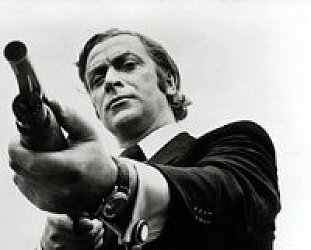
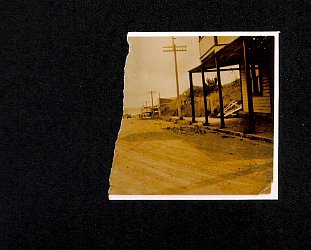
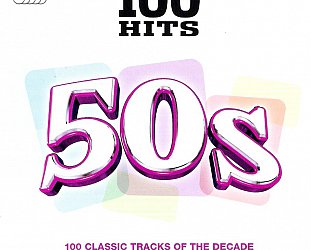
Earl B. - Jul 10, 2012
And I thought I was the only one who had "Masterpieces" ... also notable for Bob's cover of "Spanish is the Loving Tongue".
SaveMusic of Bob Dylan - Aug 14, 2020
We are actively promoting a link to this interesting topic on The Bob Dylan Project at:
Savehttps://thebobdylanproject.com/Song/id/208/George-Jackson
If you are interested, we are a portal to all the great information related to this topic.
Join us inside Bob Dylan Music Box.
post a comment